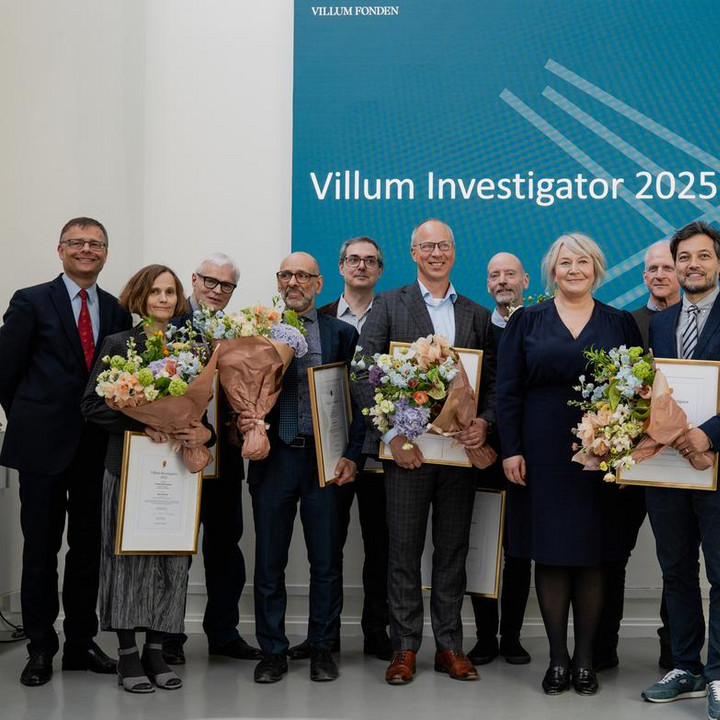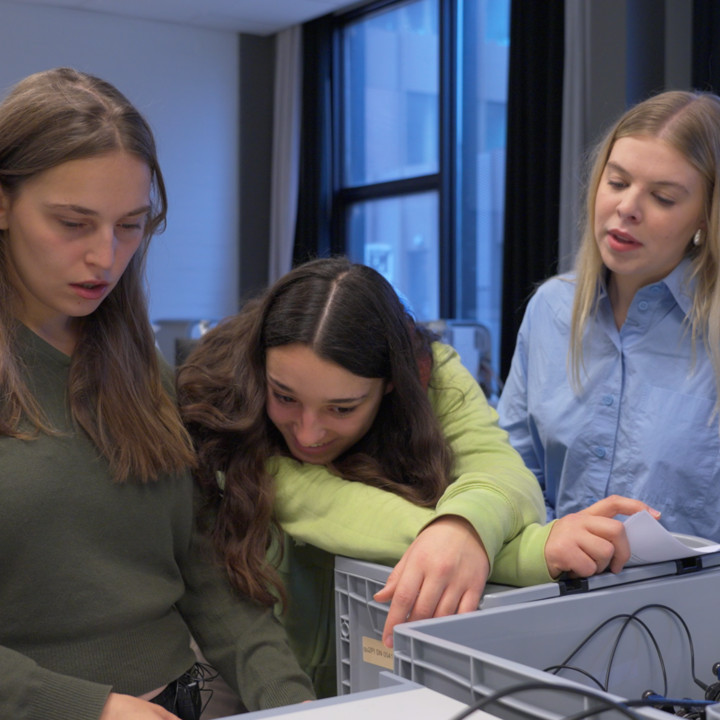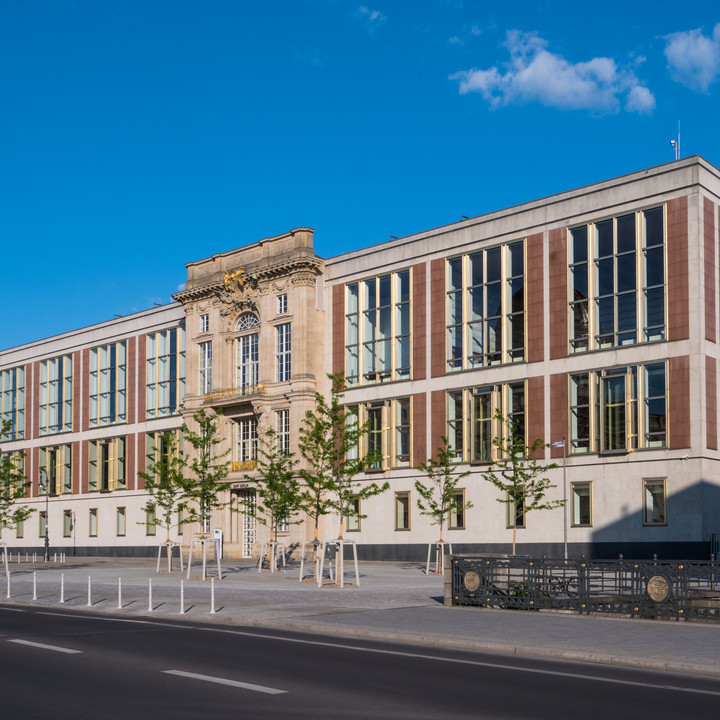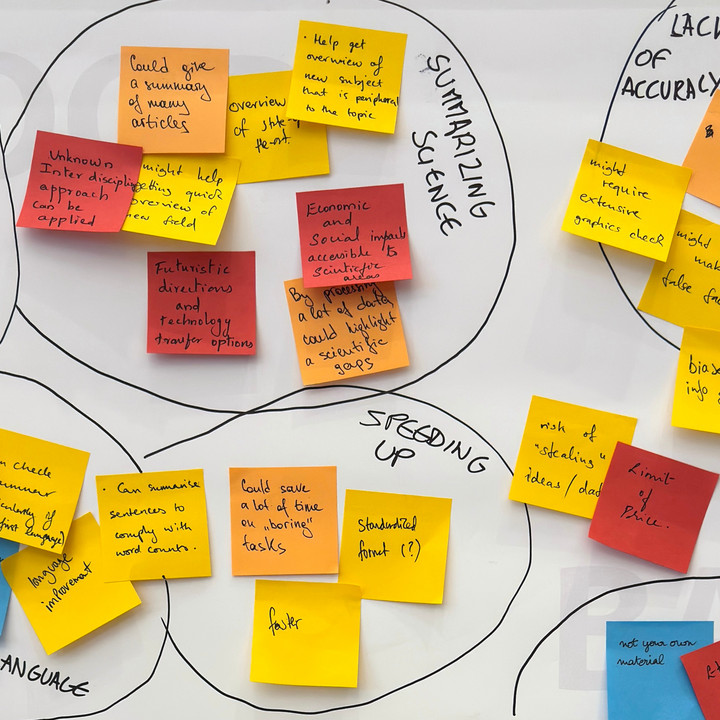Top Researchers Receive Multi-Million DKK Grants from Villum Foundation
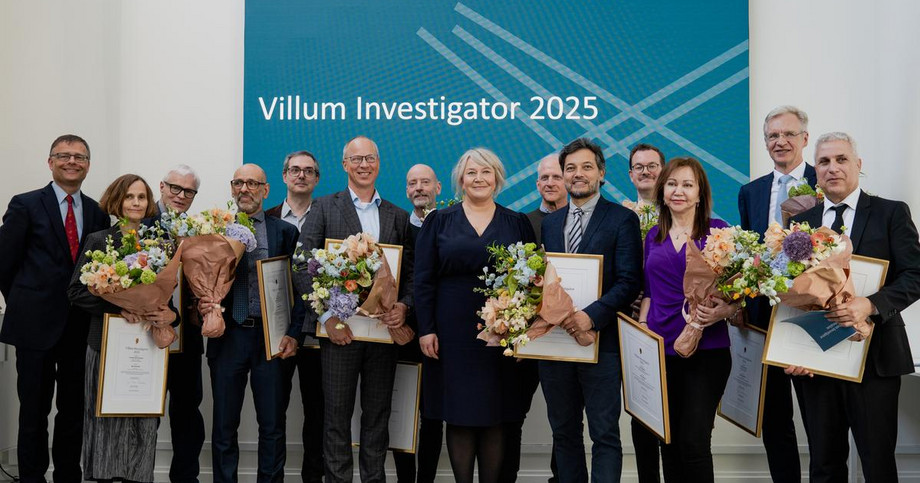
Villum Foundation has awarded a total of DKK 317 million to 11 outstanding researchers at Danish universities. All of them have distinguished themselves internationally with groundbreaking research and visionary ideas, and they now have the opportunity to pursue their work with a solid and long-term financial foundation.
Recycled Plastic and Green Data Communication
The funded research projects span a wide range of topics – from better use of biomass and development of stronger metals to understanding the mathematics behind quantum mechanics and developing secure computer programs. What they all have in common is the potential to significantly advance their fields and contribute to new, groundbreaking knowledge.
One project focuses on designing data networks that consume less energy. Another is aimed at breaking down and recycling plastic.
Made possible by the grant from Villum Foundation, chemist and professor of organic chemistry Troels Skrydstrup from Aarhus University will spend the next six years developing chemical technologies that could ultimately make the plastics industry more sustainable.
“This grant gives me a rare opportunity to dive into one of the major environmental challenges of our time – plastic waste – and to develop new chemical methods that can change the way we recycle plastic in industry,” he says.
Strengthening Danish Research
On Villum Foundation’s multi-million DKK grants, Minister for Higher Education and Science Christina Egelund says:
“In a time when facts and evidence are under pressure, it is crucial that we have world-class researchers. They are the cure for misinformation, and they help move our society forward and address the major challenges we face. I therefore look forward to following the research of these 11 top scientists and extend my warmest congratulations on their grants.”
The 11 researchers have received their grants through the Villum Investigator programme, which supports established research leaders within the technical and natural sciences. The grants typically amount to DKK 30 million and is awarded for a six-year period.
Lars Bo Nielsen, Executive Director of Villum Foundation, says:
“With the Villum Investigator programme, we support excellent and curiosity-driven research that pushes the boundaries of what we know and understand about the world. We give freedom to researchers who have shown the ability to think innovatively and lead strong research environments. With their academic strength and curiosity, they contribute to new knowledge that can have an impact far beyond the walls of the universities.”
Villum Foundation is one of Denmark’s largest contributors to technical and natural science research and has awarded an average of around DKK 500 million annually to research over the past two years.
The 11 researchers
The 11 researchers represent departments across the Technical University of Denmark, the University of Copenhagen, and Aarhus University.
University of Copenhagen, Niels Bohr Institute, DKK 19 million
Quantum Quenches from Quantum Field Theory
What happens when a quantum system is exposed to a sudden disturbance, known as a quantum quench? This question is of topical interest for the entire quantum community from condensed matter experimentalists working with cold atoms to theorists operating in the realm of quantum information theory. The present project will apply methods from quantum field theory to answer questions about the post-quench behavior of specific quantum systems outside the traditional realm of condensed matter physics.
Aarhus University, Department of Mathematics, DKK 28 million
Stochastic analysis in Aarhus
Stochastic analysis is the branch of mathematics that deals with the study of processes that exhibit randomness. It is a vibrant field of research and plays a crucial role in various fields including finance, artificial intelligence, biology and physics. This project will advance the theory in complex spaces, including fractals, through an ambitious research program. At Aarhus University, the project will bring together experts to develop new methods and address the key challenges in the theory.
Technical University of Denmark, DTU Physics, DKK 30 million
Deformation and Failure in 4D
The remarkable mechanical properties of metals are due to defects that accumulate within them, but the exact mechanisms are still unknown. This cross-disciplinary project will use unique X-ray microscopes to film these defects in 3D — at the nanometer and nanosecond scale. This will give us answers to questions like: Why do metals become stronger when they are shaped? How do fractures eventually form? The insights will lead to new theories and better predictions of strength and durability.
Technical University of Denmark, DTU Chemical Engineering, DKK 30 million
Design and construction of stable anaerobic microbial consortia for next generation green bioprocesses
Biodesign focuses on unlocking the potential of microorganisms for biotechnological applications and making it possible to exploit wastes and residues as substrates for high value products such as biofuels and biochemicals. The project seeks to understand how microbial genetic information can be used to isolate and cultivate microorganisms which up to now were not possible to isolate, and how microbial interactions, particularly beneficial interactions, contribute to the stability and efficiency of microbial consortia.
University of Copenhagen, Department of Mathematics, DKK 30 million
Mathematics of Quantum Matter and Quantum Processes
The project aims to understand the fundamental properties of quantum matter from atoms and molecules to larger systems of quantum materials. Can we give a mathematical explanation of the structure of the periodic table and such phenomena as super-fluidity and super-conductivity? The project also addresses how to process states of quantum matter as a mean of communication. The focus is on the capacity of quantum communication that preserves symmetry.
University of Copenhagen, Department of Computer Science (DIKU), DKK 30 million
Theoretical Research in Human-Computer Interaction
Users of computers often find them frustrating, confusing, or less useful than they could be. One reason is that systems are designed without robust theories to predict their usefulness and usability. The goal of this project is to develop such theories and show how they can be used to improve computer systems and invent new user interfaces for artificial intelligence, social media, and virtual reality.
Aarhus University, Department of Computer Science, DKK 30 million
Center for Basic Research in Program Verification (CPV)
Cybersecurity is one of the grand challenges of modern society. It is a broad area that needs to be researched from many different angles. Since many security breaches stem from hidden software errors, a very important angle is program verification - the focus of CPV. In CPV, we develop fundamental, mathematically based models and logics that support precise reasoning about the correctness and security of software systems.
Technical University of Denmark, DTU Electro, DKK 30 million
Fiber Optical Communications Using Spectrally- and Energy-Efficient Data-distribution (FOCUSED)
How can you create light, how you can manipulate and shape it, and how you can control and exploit it to build amazing technologies to the benefit of mankind? This project will explore how optical technologies can be designed to create energy-efficient communication systems and investigate the fundamental limits of how little energy is required to exchange information.
Technical University of Denmark, DTU Energy, DKK 30 million
Moiré with a twist: Oxide membranes (EUREKA)
The project will introduce a new method for manipulating energy materials at the atomic scale. Using a newly developed Quantum Twisting Microscopy, the project aims to dynamically twist ultrathin membranes of transition metal oxides and explore how the atomic interactions between neighbouring membranes may enhance energy efficiency in electrical systems and devices.
Aarhus University, Department of Molecular Biology and Genetics, DKK 30 million
Nuclear sorting of RNA
Mammalian genomes generate transcripts from as much as 80-90% of their DNA, yet functional RNAs only constitute ~3% of genomic space. Therefore, it is of vital importance for cells to sort functional from non-functional transcripts. This is underscored by the fact that mutation of RNA sorting factors leads to disease. How such sorting takes place at the molecular level is the central question of the project.
Aarhus University, Department of Chemistry, 30 mio. kr.
Chemical technologies for recycling plastics designed to last
The majority of plastics end up accumulating in landfills or being incinerated, which is harmful for the environment. This project will develop and explore chemical technologies for recycling end-of-life plastic materials. This will be achieved by cleaving key chemical bonds in the plastic to generate their individual chemical building blocks. With such building blocks in hand, we can feed them back into the chemical reactor and produce the same but new plastic material closing the cycle.
- The Villum Foundation awarded the first Villum Investigator grants in 2017.
- The programme targets experienced and recognised researchers based at Danish universities.
- The grants support technical and natural sciences research and typically amount to DKK 30 million over six years.
- Since the programme’s launch, the Villum Foundation has awarded nearly DKK 1.8 billion to 51 different Investigators.
- The aim is to provide researchers with long-term and flexible funding to explore complex scientific challenges with great societal potential.
Read more about the Villum Investigator Programme here: https://villumfonden.dk/en/group/grantsubarea/villum-investigator
